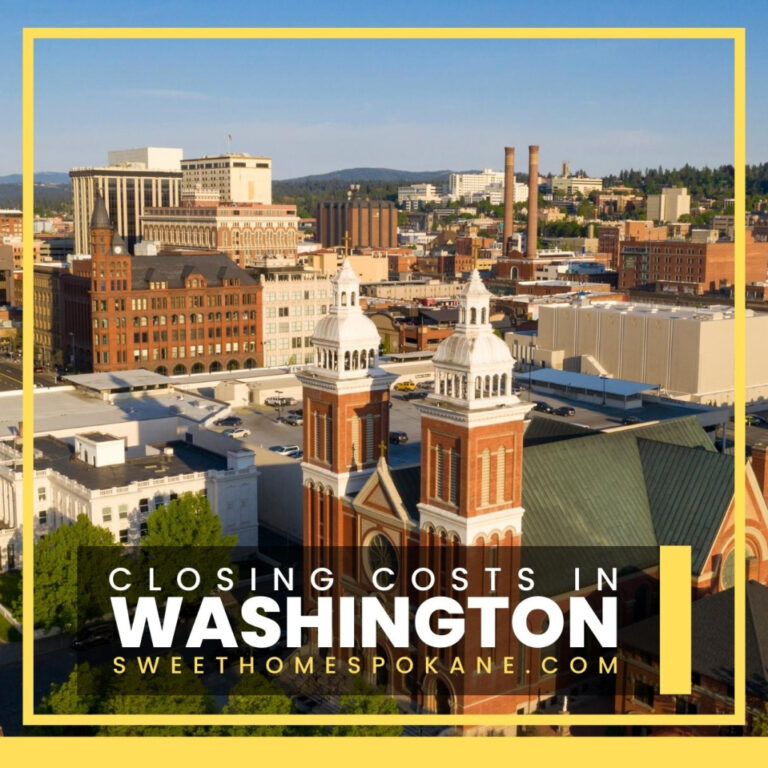Credit: Image by inboundREM | Source
Owning a home begins with the excitement of finding your dream abode and then making a down payment. However, before you can get the key to your new house, you’ll need to deal first with closing costs.
Understanding the Basics

Photo by Tierra Mallorca on Unsplash
What Are Closing Costs?
Closing costs are various fees that need to be paid to finalize a real estate transaction on top of the property’s purchase price. It is essential to plan for it when buying or selling a house. Washington State has different closing costs; what you will pay will depend on the state and your mortgage.
Who Pays for What?
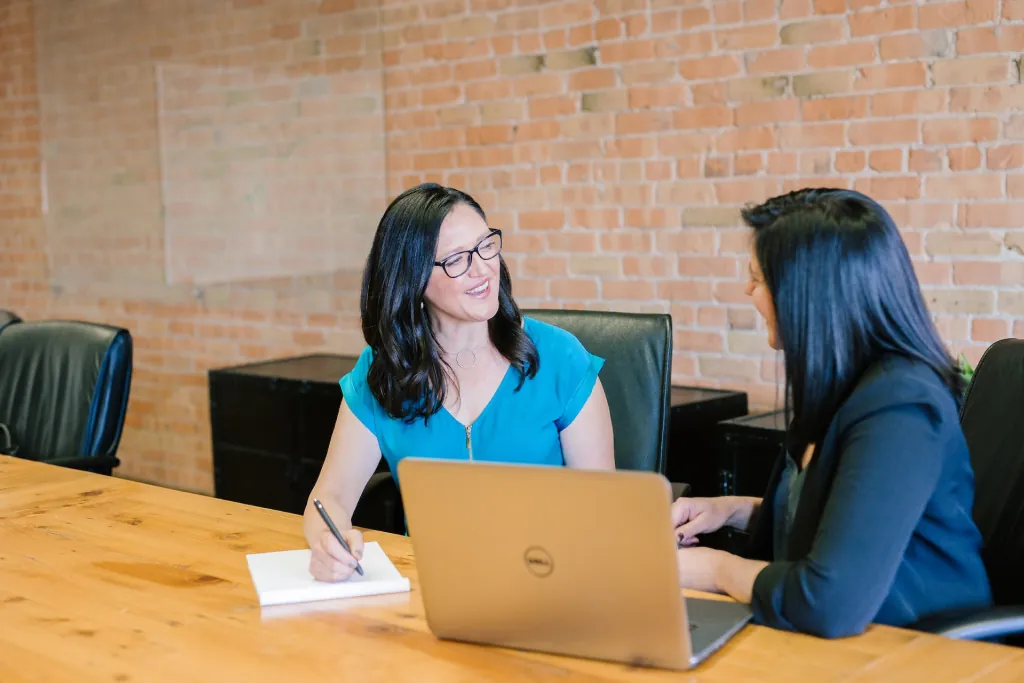
Photo by Amy Hirschi on Unsplash
The seller and buyer both pay their own closing costs in Washington State. However, sellers tend to have higher closing costs, as they also have to pay significant fees. They are likely higher than the fees the buyer has to pay because historically, sellers have more often been the party to pay for the real estate agent commission, which is higher than the buyer’s closing costs combined.
Regardless, the closing costs are negotiable. For this reason, getting a real estate agent to understand the negotiation process and reach an agreement that benefits both parties is recommended.
On average, closing costs for buyers in Washington State is around 2% to 5% of the purchase price, while closing costs for sellers range from 6% to 10% of the home purchase price. Putting it on a number, here’s the closing cost range to expect in Washington.
The average home price in Washington State falls at $574,114. So, if you purchase or sell a home at that price or in that range, you may expect closing costs as follows:
Buyers:
| Home Purchase Price | Buyer’s Closing Cost (2% to 5%) | Total Upfront Cost (With 20% Down Payment) |
|---|---|---|
| $287,057.00 | $5,741.14 to $14,352.85 | $63,152.54 to $71,764.25 |
| $430,586.00 | $8,611.72 to $21,529.3 | $94,728.92 to $107,646.50 |
| $574,114.00 | $11,482.28 to $28,705.7 | $126,305.08 to $143,528.50 |
| $861,171 | $17,223.42 to $43,058.55 | $189,457.62 to $215,292.75 |
| $1,148,228 | $22,964.56 to $57,411.4 | $252,610.16 to $287,057.00 |
Sellers:
| Home Purchase Price | Seller’s Closing Cost (6% to 10%) |
|---|---|
| $287,057.00 | $17,223.42 to $28,705.70 |
| $430,586.00 | $25,835.13 to $43,058.60 |
| $574,114.00 | $34,446.84 to $57,411.40 |
| $861,171 | $43,058.55 to $86,117.10 |
| $1,148,228 | $60,281.97 to $114,822.80 |
The Role of Escrow
Escrow is a legal arrangement where a third party temporarily keeps money or property to manage and protect vital assets and documents until a specific event or set of conditions is met.
It is like the neutral middleman during the transaction to ensure that the buyer and seller fulfill their responsibilities, protecting the interests of all parties.
Cost of Escrow Fee
Escrow fees are usually 1% to 2% of the home’s purchase price, so for a $574,114 home, the escrow fee can be around $5,741 to $11,482.
The escrow officer might sometimes charge a flat fee for their work. So, the total amount you pay for escrow will vary based on the specific escrow company you choose and where the home is located.
Breakdown of Closing Costs
Loan Origination Fees
Some mortgage lenders will ask home buyers in Washington State to pay a fee for processing the loan application and other documentation and legal formalities.
The loan origination fee is usually around 0.5% to 1.5% of the total mortgage loan amount, but expect that it will vary depending on the loan type you get, the lender, and your creditworthiness.
To put an actual number as an example, say you have a $300,000 mortgage approval. Then, the loan origination fee would be around $1,500 to $4,500.
Lenders in Washington State can only charge a maximum of 3% of the loan amount as the loan origination fee. You can negotiate the origination fees, as many lenders may agree to lower the amount, or others may decide to remove it.
However, note that it will often result in paying higher interest costs in the long run. It is better to compare rates and fees when buying a new home.
Appraisal Fees
Appraisal fees are expenses you have to pay in assessing and determining the value of the residential property so that the lender will know how much it is worth. Appraisal fees are necessary to get a loan, as lenders will ensure the home has collateral and is worth the price.
In 2022, Washington State’s average home appraisal cost is around $350 to $600. It will depend on several factors, such as the home location, size, condition, accessibility, age, real estate comparable, and mortgage type.
If you apply for a conventional loan from private mortgage lenders, you can expect to pay an appraisal fee ranging from $400 to $600.
Regarding FHA and government-backed loans, the appraisal costs tend to be higher due to specific requirements. The appraisal fee for FHA or USDA typically falls between $400 and $1,000.
For Veteran Affairs (VA) loans, you must have a VA-approved appraiser, and a comprehensive assessment costs around $800 to $1,200.
Title Insurance
Title insurance in Washington State usually costs about 0.5% to 1.0% of the total property purchase price. It covers the title search, title settlement, escrow, land survey, real estate attorney, notary, deed preparation, and abstract and recording.
The rates for title insurance by title companies vary depending on the county and policy. In Washington, below are the estimated title insurance costs:
| Home Purchase Price | Title Insurance Policy |
|---|---|
| $500,000 to $600,000 | $1,248 to $1,388 |
| $700,000 to $800,000 | $1,528 to $1,668 |
| $900,000 to $1,300,000 | $1,808 to $2,308 |
| $1,400,000 to $1,500,000 | $2,428 to $2,548 |
Recording Fees
Recording fees are costs for legally documenting the ownership and transfer of the house to ensure it is correctly recorded with the local government. The basic recording fee in Washington State is $203.50. However, expect a $100 increase for recording fees as mandated by the state starting January 1st, 2024.
Home Inspection Costs
A general home inspection is done for the house’s safety and quality assessment, examining the home’s structural aspects, electrical works, heating and cooling system, plumbing, and sewage system.
On average, home inspection costs range between $425 to $600 in Washington State, depending on location and property size.
Below is the breakdown of general home inspections in Washington State per square foot:
| Size of Home | Average Cost for Home Inspection in Washington |
|---|---|
| Below 1,000 | $242 |
| 1,001 to 1,500 | $280 |
| 1,501 to 2,000 | $290 |
| 2,001 to 2,500 | $307 |
| 2,501 to 3,000 | $323 |
| 3,001 to 3,500 | $338 |
| 3,501 to 4,000 | $365 |
| 4,001 to 6,000 | $421 and above |
Loan origination fees, appraisal fees, title insurance, recording fees, and home inspection are just some of the costs you will always see in your closing costs in Washington State.
To give you an easier reference on closing costs, have a look at the table below:
For representation purposes, we will use the current average home value of houses in Washington State, which is $574,114, and use the house size of 4,891 sq ft.
| Closing Cost | Who Pays? | Average Rate |
|---|---|---|
| Home Appraisal Fee | Buyer | Varies |
| Loan Origination Fee | Buyer | 1.5% |
| Title Insurance | Buyer/Seller | 1% |
| Credit Report Fee | Buyer | Varies depending on the lender and the specific credit reporting agency. |
| Recording Fee | Buyer/Seller | N/A |
| Survey Fee | Buyer | Varies |
| Home Inspection Fee | Buyer | Varies depending on location and property size. |
| Attorney Fees | Buyer/Seller | $339 (per hour) |
| HOA Fee | Seller | Varies (If applicable) |
| Homeowners Insurance | Buyer | $1,215 per year |
| Notary Fee | Buyer/Seller | $10 |
| Real Estate Excise Tax | Seller | 1.28 % |
Tips for Minimizing Closing Costs
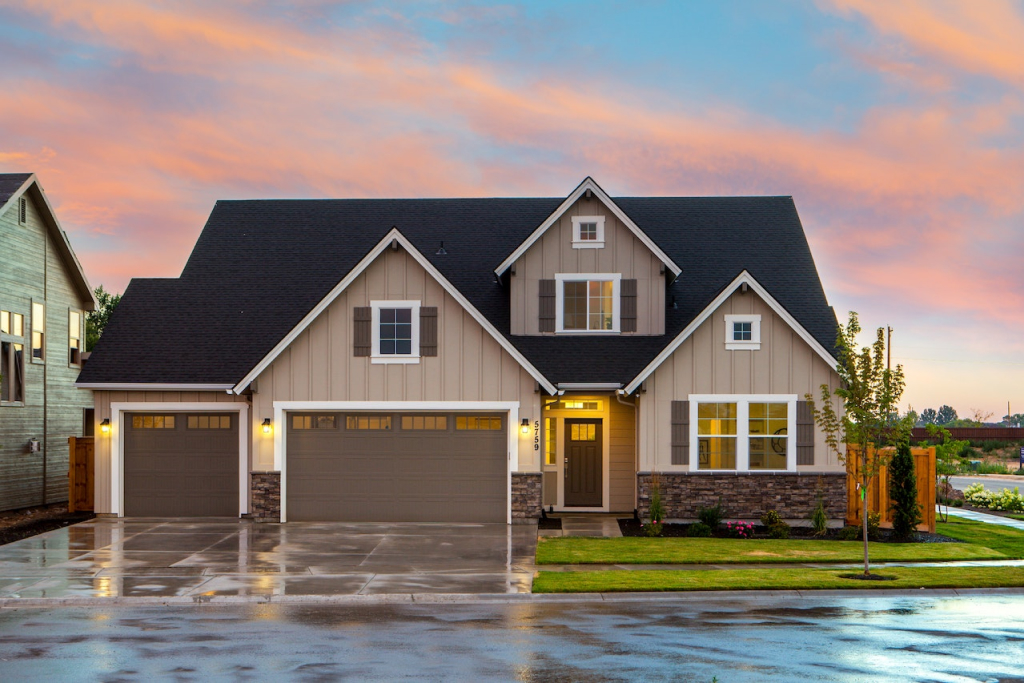
Photo by Binyamin Mellish
1. Shop Around for Lenders
Mortgage rates in Washington State in 2023 are volatile, just like other places in the country, and are still expected to change significantly throughout 2023. They might go up and down weekly, and lenders offer different rates and loan terms.
You can ask those you know or a realtor for recommendations or use an online tool to find a lender who can provide you with the best loan for your situation.
2. Review the Closing Disclosure
Closing disclosure is a document from a lender and is given to the buyer at least three business days before the closing date so that the buyer will have plenty of time to review the final loan terms.
The document outlines all the costs associated with the purchase, including loan terms, interest rates, closing costs, and the total amount due.
You must review this document to ensure all information or data are correct as agreed upon in the loan estimate at the beginning of the process and check for any cost changes.
It might be overwhelming to review the closing disclosure, which you should check, but take your time reviewing everything it covers so you will be assured of everything when asked to sign. Your real estate agent can also aid you in reviewing your closing disclosure.
3. Ask the Seller to Contribute
Closing costs can be very costly, and asking the seller for a contribution can reduce your financial burden, especially if you have a fixed budget for the purchase and closing costs. Some sellers might agree to cover some closing costs, like half of the closing cost or the transfer taxes. But keep in mind, they won’t do this for free. It’s a give-and-take situation when negotiating with the seller.
By also having the seller contribute to closing costs, the buyer can allot more funds toward their down payment. A higher down payment may lead to lower monthly mortgage payments and better loan terms.
4. Consider Refinancing
Buyers can also consider refinancing to cover closing costs, as it can offer financial flexibility and lower the upfront cost of purchasing a home.
Depending on the loan you offer, when refinancing, you can get a lower interest rate, smaller monthly payments, short payoff terms, eliminate private mortgage insurance, or cash out your equity for other uses.
It can create additional funds that can be used to offset the closing costs related to their home purchase.
However, it’s essential to assess the terms of the refinance, as it may result in a higher overall cost and affect your credit score if not done strategically. Consulting with a financial advisor or mortgage expert can help you make an informed decision that aligns with your financial goals.
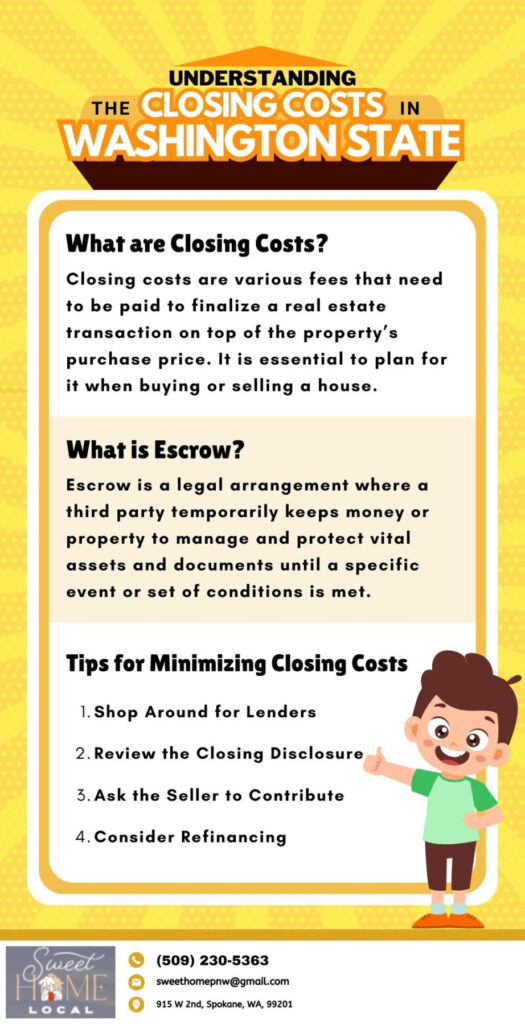
Wrap Up
Closing costs are unavoidable in real estate transactions in Washington State. It includes various fees that must be paid on top of the property’s purchase price to close the deal.
The buyer and seller have a fair share of responsibility for closing costs, with buyers typically paying 2% to 5% of the home’s purchase price, while sellers are around 6% to 10%.
Closing costs can be overwhelming for your bank or wallet. Still, there are ways to minimize closing costs, such as shopping around for lenders, reviewing the closing disclosure, negotiating with the seller for contributions, and exploring refinancing options.
If you have any inquiries about closing costs and want to buy a house in Washington State, please feel free to contact us at your earliest convenience. Call us at (509) 230-5363 or send us a message at sweethomepnw@gmail.com. You can also follow us on our social media platforms to be the first to receive the latest about Washington State.
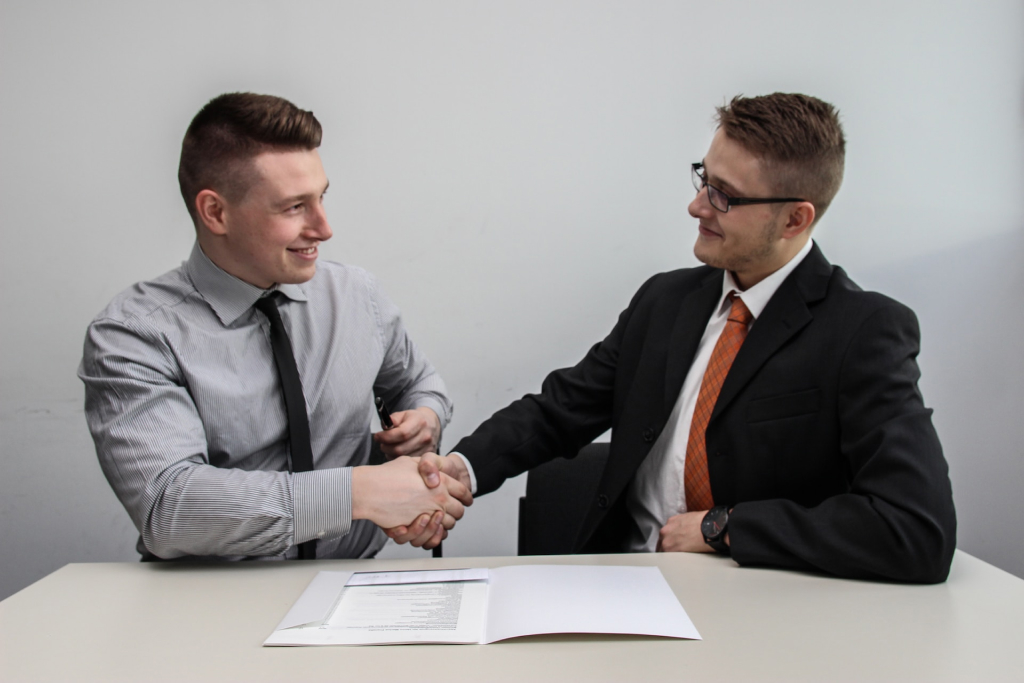
Photo by Sebastian Herrmann on Unsplash
Frequently Asked Questions
Are closing costs tax-deductible?
Closing costs are generally not tax-deductible, but there are exceptions, such as mortgage interest and property taxes. It would be better to ask a tax professional or your realtor for advice.
Can I negotiate closing costs with the lender?
Yes, you can often negotiate the closing costs with the lender, and some might be willing to work with you on some of the fees and expenses associated with closing. It is a good practice to shop around and compare offers from different lenders to reduce closing costs.
Do I need a real estate attorney for closing?
Getting a real estate attorney is optional since Washington State also does not require a buyer or seller.
However, you can hire an attorney to help you review the final contract and assist with the closing cost, agreements, and other documents if you want to complete the real estate transaction successfully.
What happens if I can’t pay the closing costs?
Closing cost is a must to complete the real estate transaction, and failing to pay can lead to complications in the home-buying process.
The seller can ask the court to make the buyer follow through to buy the property. They can also keep your earnest money deposit and cancel the sale. It’s like compensation to the seller if you don’t follow through with the agreement. Lastly, the seller can sue you for damages if you fail to pay the closing cost.
Can I estimate my closing costs in advance?
You can estimate closing costs in advance using the loan estimate provided by your lender. The loan estimate outlines your expected expenses and will help determine if they align with your budget. Note that the estimated cost may still vary slightly at closing.
Is it possible to avoid paying closing costs altogether?
It is possible to avoid paying some closing costs, but unfortunately, it is impossible to avoid paying closing costs altogether. This is because closing costs include mortgage costs that can’t be avoided. However, there are still ways to minimize the closing cost, such as negotiating it with the seller or lender and refinancing.
